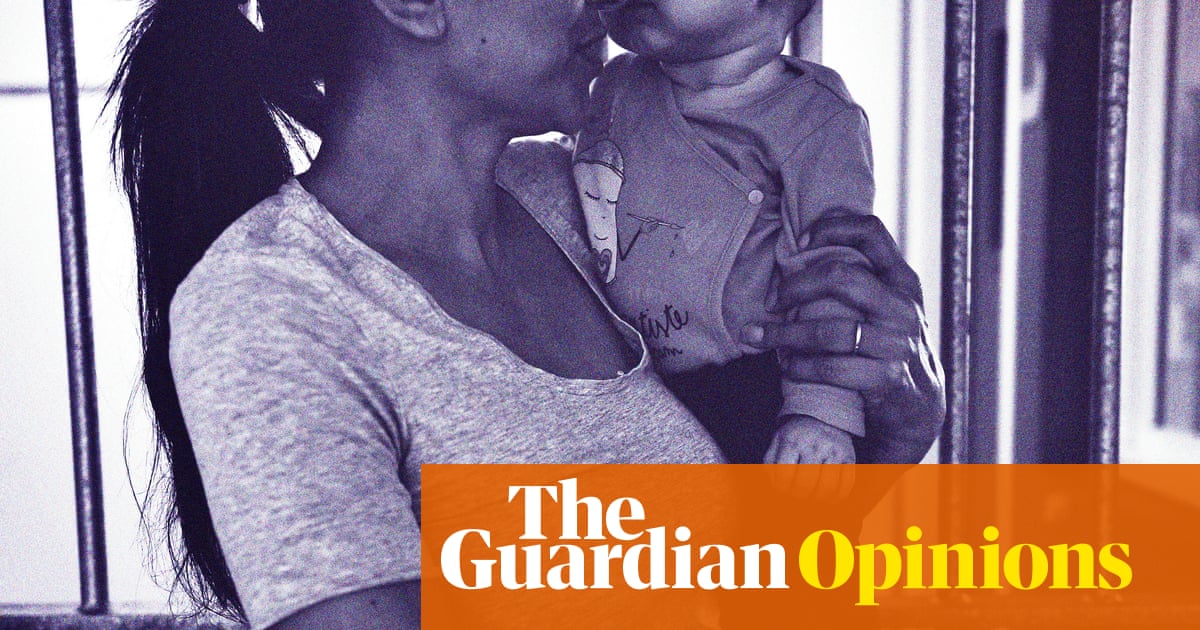The number of people in England who are frightened of living near people with mental health problems has nearly doubled to one in seven, which experts warn reflects an “alarming rise in stigma”.
Even if the mentally ill person had recovered, one in 10 people said they would be unwilling to live next to them, according to new research from the mental health charity Mind.
The survey, by the Institute of Psychiatry, Psychology and Neuroscience (IoPPN) at King’s College London, found that only 63% of people were comfortable about mental health services operating in their community instead of in psychiatric units, down from 70% in 2015.
The figures showed that 14% of people were frightened of those with poor mental health living in their neighbourhoods, up from 8% in 2017, while 16% of people believed mental health services “downgraded” a neighbourhood, up from 10% in 2019.
The number of respondents who agreed that being part of a community was the best therapy for people with mental health problems was the lowest since the research was first conducted in 2008, at 68%.
Dr Sarah Hughes, the chief executive of Mind, said: “The rise in stigma is alarming. We have seen a change in language, people telling us their family’s attitudes are changing, as well as increasing narratives around benefit claimants and some very difficult and terrible instances of violence linked to mental illness – it feels like a lot of things have come home to roost.”
She said the charity was “hearing from mental health services who are getting challenges from neighbours like frequent complaints, objections in planning applications or operating in inhospitable environments”.
The survey also showed a significant drop in the number of people who – correctly – believe people with severe mental illness, such as schizophrenia or psychosis, can fully recover. The figure stood at 67% in 2019, and is now 53%.
Prof Claire Henderson from the IoPPN said the survey showed that although people’s attitudes towards specific individuals with mental illness had improved, their attitudes towards mental illness generally had declined “back to baseline”.
She said recent high-profile criminal cases involving perpetrators with mental illness, such as Valdo Calocane, who has paranoid schizophrenia and fatally stabbed three people in Nottingham in 2023, could have increased stigmatisation.
“There is this fear about people who are visibly unwell, and there has been a push to more coercive care, whereas really it’s about having the resources to be able to respond to people when they are in crisis,” she said.
“But if you have a neighbour who’s very unwell and not getting treated, or if you’re on the bus and somebody is yelling for no clear reason and you’re with small children, people worry. It’s not fair just to say that people are ignorant or prejudiced.”
She said difficulty accessing services was adding to pessimism about whether therapy worked. “We asked people: ‘Can medication work? Do people recover?’ And if you don’t see that happening, then you will not answer positively to those questions,” she said.
Henderson said a growing “negative discourse about young people with mental health problems” was “trivialising” some conditions, and feeding misconceptions about benefit claimants.
The findings were released as part of Mind’s annual Big Mental Health report, which found there were 1.66 million people waiting for community mental health care in England and Wales in the third quarter of 2024-25.
Jenny Tan, 22, a psychology student who waited years to receive treatment for anorexia, said she had faced stigma and unfriendliness when disclosing her mental ill health.
“There are so many more celebrities now coming forward and talking about this. I thought society was a lot more accommodating, a lot more understanding,” she said. “But when people think of mental illness, they stereotypically think of disorders that are presented as being dangerous in the media, things which have been associated with violence.
“But I think if people actually understood what it was like to have a mental health condition, their reaction would not be disgust and running away.”

.png) 1 month ago
44
1 month ago
44

















































